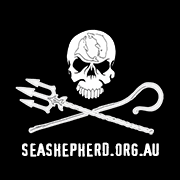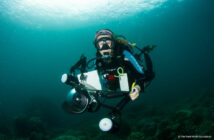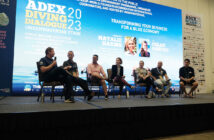 “It has now been three years since the BP toxic waste catastrophe in the Gulf of Mexico, yet to date we continue to minimize it by referring to it as the Gulf Spill. A spill generally occurs when you knock over your drink or when you overfill your car’s fuel tank. The 200 million gallons (plus) of crude oil that were released into the Gulf between April 20th and July 15th 2010 hardly fall in this category. On top of that the 2 million gallons of chemical dispersants BP used to break up and sink the oil, only further aggravated the disaster, by dispersing the oil into the food chain and making the oil up to 52 times more toxic…
“It has now been three years since the BP toxic waste catastrophe in the Gulf of Mexico, yet to date we continue to minimize it by referring to it as the Gulf Spill. A spill generally occurs when you knock over your drink or when you overfill your car’s fuel tank. The 200 million gallons (plus) of crude oil that were released into the Gulf between April 20th and July 15th 2010 hardly fall in this category. On top of that the 2 million gallons of chemical dispersants BP used to break up and sink the oil, only further aggravated the disaster, by dispersing the oil into the food chain and making the oil up to 52 times more toxic…
From June to August 2013, Ocean Alliance and Sea Shepherd Netherlands will embark on a voyage ‘Operation Toxic Gulf’ aboard the research vessel Odyssey to collect data on the environment as well as the life forms in the Gulf of Mexico.”
Taken from the official Sea Shepherd Conservation Society Facebook Page










2 Comments
I’ve been diving the Gulf of Mexico for over 40 years. The impact to life has been minimal despite the news footage of oil soaked pelicans and the like. None of this “toxic” residue is permanent. You need look no further than Truk Lagoon to see the result of a massive toxic spill. We sunk an entire Japanese fleet in this lagoon 60 years ago and today it’s an extremely healthy dive site. Ask anyone who’s been there. Untold thousands of tons of shipping have been sunk all over the world and the results are, for the most part, undetectable. Just back off and let nature take its course. All this “toxic” stuff will be eaten by microbes and bacteria present in the environment and which will multiply when their food source is present and disappear when it’s gone. While I applaud your efforts to protect the environment, your energies are misdirected in this case. I think you’ve joined the witch hunt.
Thanks for your comment Mike. Whilst we only republished the official press release from Sea Shepherd, you do make a very valid point, particularly in reference to Truk Lagoon. Whilst I have never been myself I do know quite a few divers who have. In truth, my personal interest is in the protection of sharks, Killer whales and Dolphins (particularly in captivity) and I don’t feel I could comment on matters of toxicity as I don’t have a lot of knowledge on the subject. It is nice to hear an alternative perspective though and it is one I will read up more on over the coming few days.
Again, thanks for taking the time to read and comment at The Scuba News.
Lee